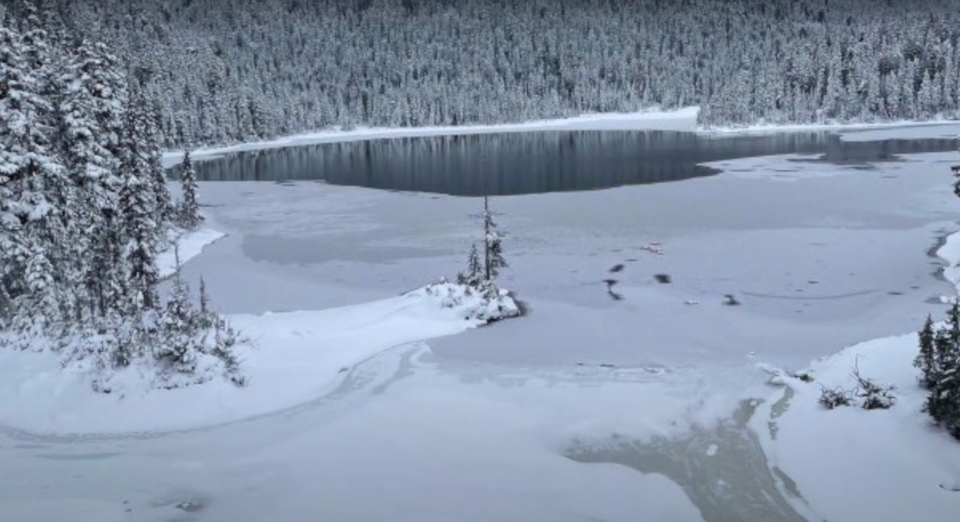Local governments on the Sunshine Coast have issued a second order, authorized under the State of Local Emergency (SOLE), this time targeting private pools, Sechelt’s arena, cannabis growers and cement producers.
The order, which will take effect Nov. 11 at 11:59 p.m., was issued because of “the imminent risk that the supply of potable water from the Chapman Water System will be exhausted as the result of the impacts of this summer’s drought,” according to a Sunshine Coast Regional District (SCRD) press release issued Thursday.
Stage 4 water conservation regulations remain in place for Chapman Water System users.
Both the District of Sechelt and shíshálh Nation Government District, also under a SOLE, have issued similar orders.
The following uses of Chapman water are banned under the SCRD order:
- Operating, filling and topping up hot tubs, steam baths, saunas and pools, except for the Sechelt Aquatic Centre pool.
- Installing and maintaining ice at the Sunshine Coast Arena in Sechelt.
- Growing or producing non-medical cannabis.
- Manufacturing, transporting, processing, cleaning and installing or repairing concrete, cement, asphalt, gravel and aggregate.
Emergency Operations Centre (EOC) and SCRD infrastructure services manager Remko Rosenboom also cautioned the business community that “more orders may be required in the coming weeks due to how precarious the water supply situation may become.”
In an SCRD video issued Nov. 10, Rosenboom said Stage 4 can only be lifted once Chapman Lake and the channel that runs out of it “would need to be full.”
“The lake is nowhere near full and the channel is still fairly low,” he said.
An aerial image of the lake taken earlier this week shows large portions of exposed lake bed covered in ice and snow — in normal years the lake would be full.
Snow falling on the empty lake bed “is not contributing to our water supply at all,” said Rosenboom.
The SCRD is depending on rain falling downstream from the lake to fill the creek that flows into the water treatment plant.
The drought has continued “well into October,” which explains the current situation, said Rosenboom.
This is the second order issued by local governments and the first to pertain to non-commercial users of the system.
States of local emergency first came into force Oct. 17.
The first order was issued Oct. 18 and targeted large non-essential commercial users, including breweries, cideries and distilleries, water bottling businesses, non-medical cannabis producers and concrete and aggregate businesses. The Sechelt Aquatic Centre ws also closed.
That order was lifted Nov. 1 and the Aquatic Centre re-opened Nov. 4 but the hot tub remained closed.
- With files from Connie Jordison



